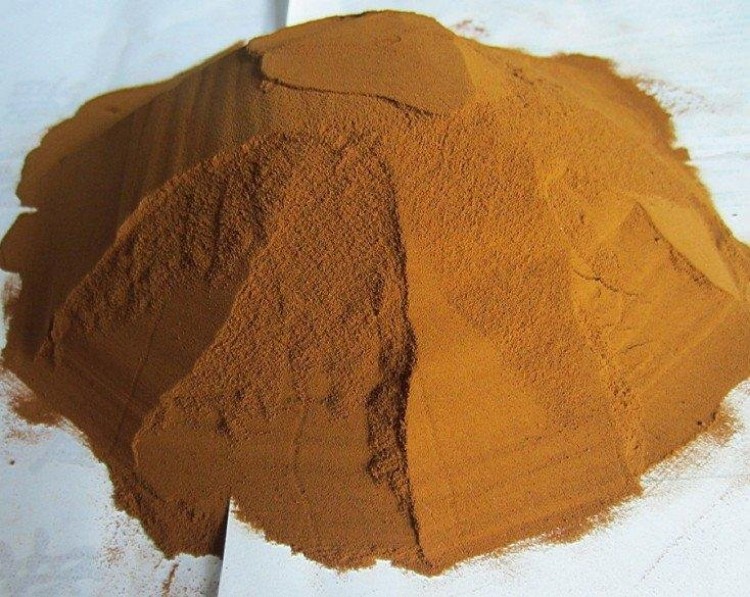Humic and fulvic acid strengthens the enzyme synthesis of sugar, starch, protein, fat and various vitamins. It can stimulate the activity of polysaccharidase, convert polysaccharides into soluble monosaccharides, thereby increasing the sweetness of fruits; improve the ratio of total sugar to nicotine and potassium to chlorine in tobacco leaves, improve tobacco leaf quality; increase the total sugar content and vitamin C content in fruits such as watermelon and Hami melon.

humic and fulvic acid for sale in USA
Why can humic acid improve the quality of agricultural products?
- Regulate enzymatic reactions and enhance plant life activities
Enzymes are biological catalysts for plant life activities, and the size of enzyme action is expressed by enzyme activity. Fulvic acid can stimulate the activity of polysaccharidase, hydrolyze pectin in young cell walls, soften cell walls, make cells easier to elongate and divide, and grow vertically and horizontally, so it has a significant effect on promoting the growth of young cells in new tissues, and its effect on the root growth point is particularly significant.
Fulvic acid contains a large amount of carboxyl groups, which can inhibit the activity of auxin oxidase, reduce the destruction of auxin, and increase the content, which is beneficial to the growth of roots and stems, so that crops can root quickly, have more secondary roots, increase the amount of roots, and elongate the root system, so that crops can absorb water and nutrients.
Fulvic acid can promote the activity of sugar invertase, starch phosphorylase and some enzymes related to protein and fat synthesis, increase the synthesis and accumulation of sugars, starch, protein, fat, nucleic acid, vitamins and other substances, and promote the activity of transferase, accelerate the movement of various metabolites from stems and leaves or roots to fruits and grains, and have a direct impact on increasing and improving the yield and quality of crops.
- Increase chlorophyll content and promote photosynthesis
Fulvic acid can promote the absorption and movement of trace elements in plants, significantly increase the content of chlorophyll in leaves, and inhibit the activity of proteolytic enzymes, slowing down the decomposition of chlorophyll.
Fulvic acid can increase the activity of protective enzymes and reduce the damage of active oxygen to chlorophyll. These are all conducive to maintaining and increasing chlorophyll content, promoting photosynthesis, and increasing the accumulation of photosynthetic products.
- Enhance respiration
Fulvic acid can enhance the activity of respiratory enzymes, especially the activity of terminal oxidases, thereby enhancing respiration, continuously releasing energy and producing many intermediates, which are provided to plants for life activities. Strong respiration promotes the absorption function and material synthesis of roots. - Promote the absorption and transportation of mineral elements
Many trace mineral elements such as Fe, Cu, Zn, Mn, B, Mo, etc. are components of enzymes or coenzymes involved in plant metabolic activities, or have important effects on the activity of multiple enzymes and plant stress resistance, and some are components of cell structural substances.
Fulvic acid can form soluble complexes (chelates) with mineral elements in the soil. This effect of fulvic acid improves the absorption of many trace elements by crops. If you are interested, please contact us directly!




